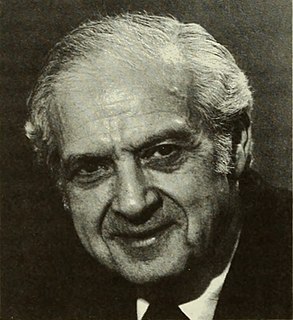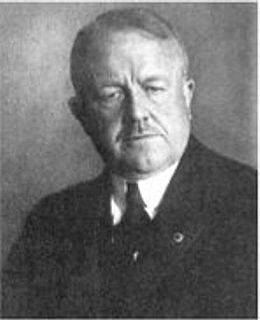A Quote by Thorstein Veblen
English orthography satisfies all the requirements of the canons of reputability under the law of conspicuous waste. It is archaic, cumbrous, and ineffective; its acquisition consumes much time and effort; failure to acquire it is easy of detection.
Quote Topics
Related Quotes
A general “law of least effort” applies to cognitive as well as physical exertion. The law asserts that if there are several ways of achieving the same goal, people will eventually gravitate to the least demanding course of action. In the economy of action, effort is a cost, and the acquisition of skill is driven by the balance of benefits and costs. Laziness is built deep into our nature.
All should be taught that the highest ambition is to be happy, and to add to the well-being of others; that place and power are not necessary to success; that the desire to acquire great wealth is a kind of insanity. They should be taught that it is a waste of energy, a waste of thought, a waste of life, to acquire what you do not need and what you do not really use for the benefit of yourself or others.
If your strategy calls for you to be in America, then you will go into America. If your strategy calls for you to be in M&A, then you'll do an acquisition. You usually acquire a company to acquire technology, geographic advantage, etc. Similarly, geographic expansion is very much like M&A. It's done to advance a strategy.
In separating out, say, legal and moral requirements, I tend to work with paradigms rather than strict divisions - eg, paradigmatically, legal requirements are jurisdictionally bound whereas ethical requirements are aspirationally universal; ethical requirements focus especially on intentions whereas legal requirements focus primarily on conduct; ethical requirements take priority over legal requirements; and so on.



































